The chamber of the Oracle was a dome of sea-glass and stone, built around a whirlpool that never ceased. From the center, a single thread of glowing kelp rose into the current, pulsing like a heartbeat.
Triton stood just beyond its edge. Thalassa beside him, her presence cold and calm as an ice shelf.
The Oracle emerged slowly from the spiral waters, skin pale as pearl, hair drifting like threads of silver net. Her eyes were blank, yet not blind—seeing something far beyond the room.
She spoke without preamble.
“You have come because the water stirs. Because something ancient is waking. And because none of you remember what she was.”
The whirlpool stilled.
And the chamber darkened.
From the kelp-thread above, light spilled downward—not like fire, but like memory. Images unfolded in water and shadow.
“Before your thrones. Before the Trident was shaped. There were the Deep-Bound.”
The water showed them a trench—a massive maw in the seabed, darker than night.
“Of them, Ceto endured.”
Now they saw her: a vast, faceless silhouette, crowned with barnacles and bone. A form always shifting—tentacled, serpentine, with too many eyes and none at all.
“She was the Sea’s Memory. The one who kept what the world tried to forget. She drank sorrow and silence. And she listened.”
Another image: a council of kings, their faces stricken with awe and fear. Thirteen seals, glowing and burning, cast into the abyss.
“The chains were not forged in fire. They were woven from memory. And so long as her name was unspoken, her bindings held.”
Triton clenched his fists. “Then who spoke it?”
The Oracle did not answer him. Instead, her voice softened.
“You have already heard her. In dreams. In guilt. In your son.”
Triton froze. “Erebus?”
The Oracle turned toward Thalassa now.
“The bloodlines paid a price to bind her. But your magic was born from the wound. You, too, hear the sea scream in sleep.”
Thalassa said nothing.
Then, softly, the Oracle spoke one final line.
“She is not rising to destroy you. She is rising because she remembers you. All of you. And she is not alone.”
The chamber fell silent.
The whirlpool resumed.
And the Oracle sank beneath it once more—leaving only the echo of her warning behind.
Triton stood in the corridor outside the Oracle’s chamber, back straight, jaw tight. But his hands—his hands trembled, hidden within the folds of his robe.
She is not rising to destroy you. She is rising because she remembers you.
The words echoed louder than the chamber had ever been.
He hadn’t spoken since the Oracle fell silent. Not to Thalassa, not to the guards who flanked the outer doors. She had offered him a look—sharp, unreadable—and left without a word.
Now, alone with the silence, Triton finally allowed himself to breathe.
Erebus.
He had barely known the boy. Not truly. Only as a rumor clinging to Medusa’s name. A troubled child. A whisper of darker currents.
He should have seen the signs. Should have intervened.
But part of him—the proud part—had always looked away from what hurt to acknowledge.
And now the sea would bleed for his silence.
He turned abruptly, marching down the spiral path toward the High Hall. Every step crashed like thunder. Servants parted. Advisors watched.
He threw open the chamber doors. Neridos rose from his seat in alarm.
“Sire?”
Triton strode to the great star-map of the kingdom carved into the coral wall. With a twist of his hand, he activated its current-bound magic—the map pulsed with life, showing the seven great provinces, the guarded trenches, the floating sanctuaries.
“Where is the boy?” Triton demanded.
Neridos hesitated. “Erebus? My king, we… we haven’t seen—”
“Find him.”
The room fell silent.
Triton turned, voice low, but unyielding.
“He is the key. Whether he knows it or not. And if what the Oracle says is true—if Ceto remembers—then my son may already be the vessel of her will.”
Someone gasped. Another whispered prayers to the old gods.
But Triton’s voice cut through them like a blade.
“We bound her in memory. And now memory has teeth.”
He looked out toward the distant sea beyond the hall, his trident gleaming in the dawn-light.
“I will not let my kingdom drown in the past.”
Erebus sat alone at the edge of a forgotten fissure—a long, narrow wound in the ocean floor near the Driftlands, where the light dared not follow.
His hands hovered just above the stone. The coral here didn’t sing like it did elsewhere. It listened.
The water was colder than it should’ve been. And he welcomed it.
Since the night on the reef, something inside him had changed. He hadn’t told his mother. He didn’t know how to.
Because it wasn’t just a feeling. It was a voice.
And it had begun speaking in words.
“They fear you because you are not theirs.”
“They whisper ‘monster,’ but they do not understand power.”
“I remember you.”
At first, he had resisted. Shouted into the currents. Drowned himself in silence. But the voice didn’t leave. It waited. Patient. Familiar.
Like it knew him.
And lately… he’d started to believe it.
He touched the stone now. It rippled beneath his palm, though it was solid.
A whisper stirred behind his ear, soft as current through seaweed.
“Erebus.”
His name, spoken like a prayer. Or a command.
He didn’t flinch.
“What are you?” he asked the dark. “What do you want?”
The answer came not in words, but in memory.
He saw flashes—images that weren’t his: oceans boiling, chains made of flame and thought, a being of endless size shackled in silence. And above it all, thirteen glowing seals, each marked with a crest.
One looked eerily like his mother’s.
Another like the king’s.
Then: one seal cracking.
His chest ached suddenly—an echo in his bones. His breath hitched.
The voice returned. Stronger.
“I am not a god. I am the truth they buried. And I am in you.”
He fell back, gasping, staring up through the endless water.
But he didn’t run.
He stayed.
And somewhere in the trench, far below his feet, something ancient began to stir more quickly—woken by the boy who had always known he didn’t belong.
Erebus stood now, his fingers still tingling from contact with the trenchstone. The whispers had faded, but something had been left behind—not just memory, but presence.
He could feel It in his blood.
It was like a current beneath his skin, slow and ancient, waiting for permission to flood forward.
He raised his hand toward the wall of the fissure. Nothing moved.
He narrowed his eyes, trying to will the sensation back. He thought of the voice—of its calm certainty. Of how it had made the trench seem like home, not horror.
“I am the truth they buried.”
Erebus exhaled.
He remembered, as a child, being told to contain himself. Not to lash out. Not to use his gifts. He had tried. Gods knew he had tried. But what if he was never meant to contain anything?
What if the cage had always been the lie?
He extended his hand again—this time, not reaching for control, but permission.
“Show me,” he whispered.
The fissure trembled.
A thin line of ancient sediment split, and glowing water poured from it—luminescent and slow, like blood from a deep wound. Symbols bloomed across the rock face, written in a script he’d never been taught but somehow understood.
It was not language. It was intention.
And it was his.
He stepped forward, barely breathing. The symbols pulsed in time with his heartbeat.
Then, the water around him thickened—not with danger, but with pressure. As if something vast were breathing beneath him, just waiting for his next choice.
He spoke again.
Not with words this time, but with will.
I want to know who I am.
I want to stop being afraid.
I want them to see me.
The fissure answered.
A pulse of force surged outward, not violent, but vast. Across the seafloor, small creatures scattered. Far above, distant currents turned against their usual paths. And miles away, deep within the palace halls, a mirror cracked in Triton’s private chamber.
Erebus felt the power recoil inside him—then settle.
Not gone.
Just… waiting.
He lowered his hand, trembling slightly, a slow grin pulling at the corner of his mouth.
For the first time, he didn’t feel wrong.
He felt real.
And in the deepest part of the trench, Ceto opened one ancient eye.
The surge had barely faded when Erebus felt it:
A disturbance in the current—not natural. Precise.
He turned, eyes narrowing as the water around him shifted temperature, growing sharper, cleaner—like a blade unsheathed.
From the blue-green haze above, Queen Thalassa descended.
Not in armor. Not flanked by guards. Alone.
Her gown flowed like moonlit kelp. Her silver crest shimmered faintly beneath her crown of coral and pearl. But her eyes—those eyes—were colder than the trench itself.
Erebus didn’t move.
Thalassa landed lightly on the stone beside him, her gaze already scanning the glowing symbols that still pulsed faintly across the fissure wall.
She said nothing for a long moment.
Then:
“Do you know what this place is?”
Erebus straightened but didn’t answer. His heart was pounding, but he refused to show it.
Thalassa stepped closer, folding her hands.
“I once stood here during the Binding. I was younger than you. My blood helped form the thirteenth seal.” Her voice was low, almost soft. “It hurt. Not in the body. In the soul.”
She looked at him then—fully. Not like a queen to a subject, but like a blade studying the thing it might soon strike.
“And now a child born outside the pact has cracked the edge of it. Do you understand what you’ve done?”
Erebus’s jaw tightened. “No one ever told me.”
“No,” Thalassa said. “They didn’t. Because ignorance was safer than destiny.”
She reached out—not with her hand, but with her will. A shimmer of magic danced through the water, brushing against his aura like frost on skin.
He flinched.
And she saw it.
Not fear—but resistance.
Thalassa’s expression sharpened.
“She speaks to you, doesn’t she?”
Erebus met her gaze, defiant. “Why are you afraid of her?”
Thalassa’s face betrayed nothing. But her silence cracked.
“Because we buried her,” she whispered. “And the sea has not forgiven us for it.”
The water around them pulsed again—low, like a heartbeat from the deep.
Erebus felt it resonate through him.
Thalassa stepped back. “This is your only warning. Whatever you think she’s giving you—power, truth, freedom—it’s all hunger. She consumes.”
Erebus’s voice was calm. Too calm.
“Maybe being consumed is better than being ignored.”
A dangerous silence fell between them.
Then Thalassa turned, her final words cutting the water behind her like a blade:
“If you continue down this path, Erebus… know that I will not hesitate to end what your mother refused to.”
And with that, she vanished upward into the gloom.
Erebus remained still.
But inside him, the voice was smiling.
Medusa awoke with a jolt.
The coral around her flickered with startled bioluminescence, responding to the sudden thrash of her limbs. Her private cavern, carved into the side of an ancient sea ridge, pulsed with unease.
She pressed a hand to her chest.
The dream was already fading—but the feeling remained.
Something had shifted. No, not something—Erebus.
She didn’t need magic to know it. It was the ache every mother feared: that twist in the current that told you your child had crossed a threshold no one could pull him back from.
She rose slowly, her serpentine hair drifting around her shoulders. The water was heavy today. Thicker. Every motion felt watched.
Medusa crossed to the edge of her chamber where a basin of tideglass shimmered—clear as memory. She hovered her hand over it, whispering his name.
“Erebus.”
The water responded—rippling, shifting. For a moment, she saw his face.
Still. Focused. And… different.
Not in expression, but in the way the light bent around him. He was deeper than he should have been. Near the fissures she had told him never to approach.
Then the image blurred.
Something had interfered.
Her heart sank.
Suddenly, the serpents in her hair stirred—not in anger, but alertness. She turned.
The currents shifted—and for a breath, Medusa felt something vast brush against her awareness. Ancient. Feminine. Cold.
She whispered the name she had hoped never to speak again.
“Ceto.”
The chamber trembled, just slightly.
Medusa backed away from the basin, suddenly unsure of the water itself.
He’s heard her, she thought. Or worse—he’s listening.
Her mind raced. Triton. Thalassa. The Oracle’s words echoing in her skull. She had spent decades fighting against her own darkness, for Erebus’s sake.
And now he might be embracing a shadow even she couldn’t shield him from.
She grabbed her mantle of kelp-steel and turned toward the door.
If he was going to descend into the trench, she would go there first.
Because if anyone was going to face Ceto—
It would be the woman who carried her blood.

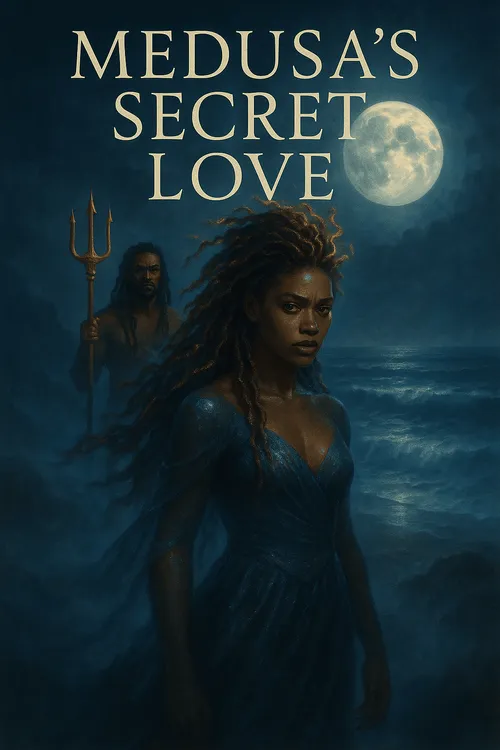


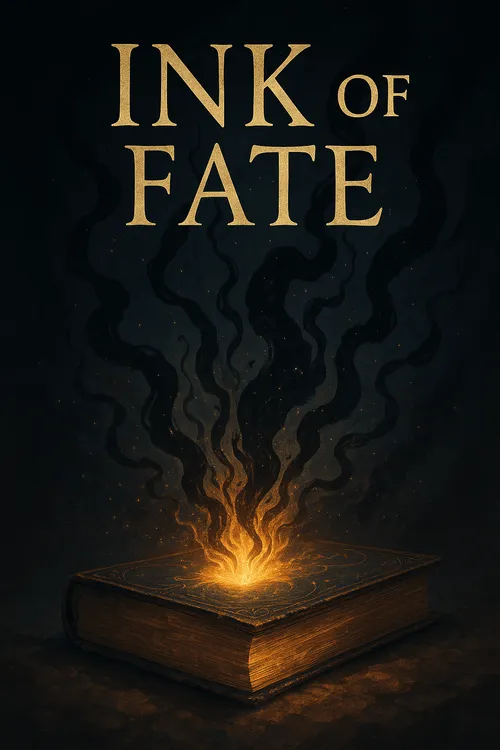
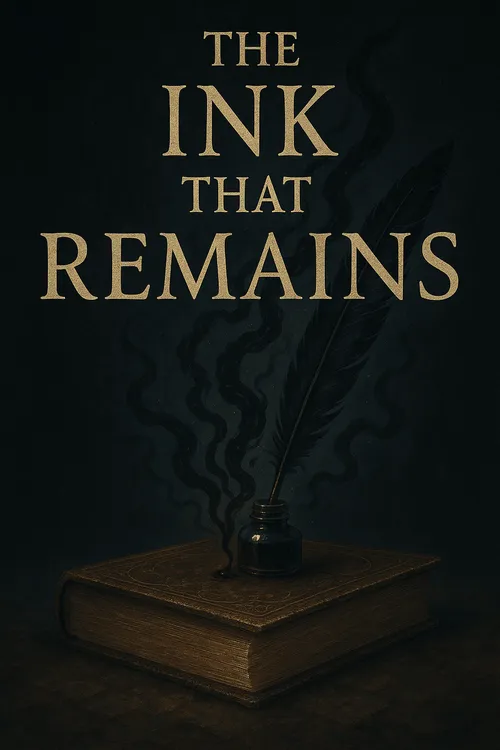

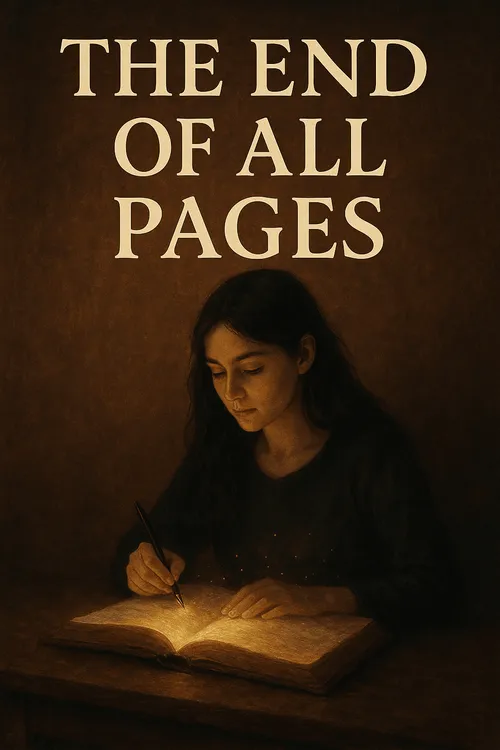


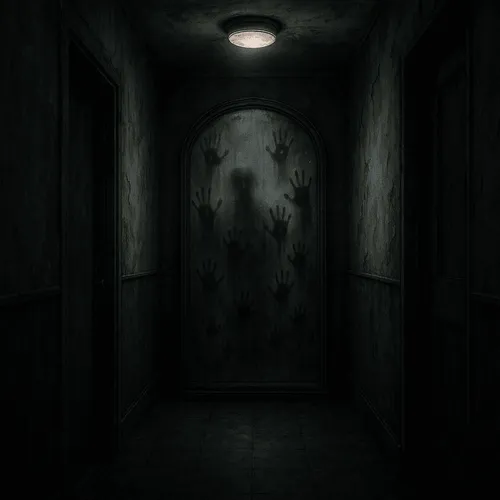






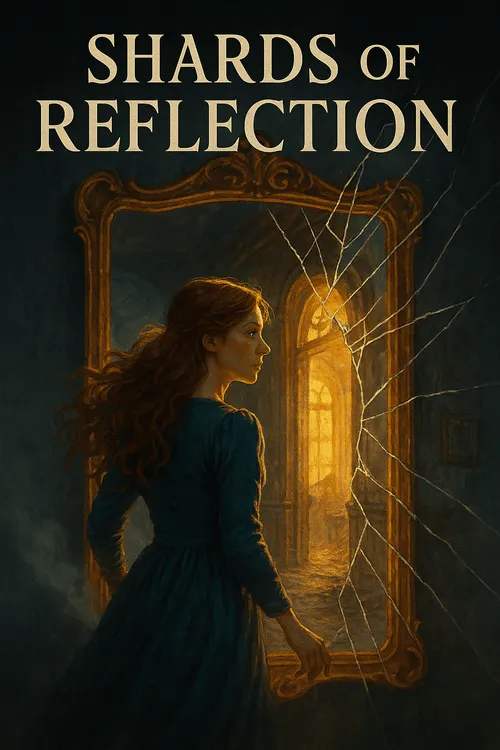

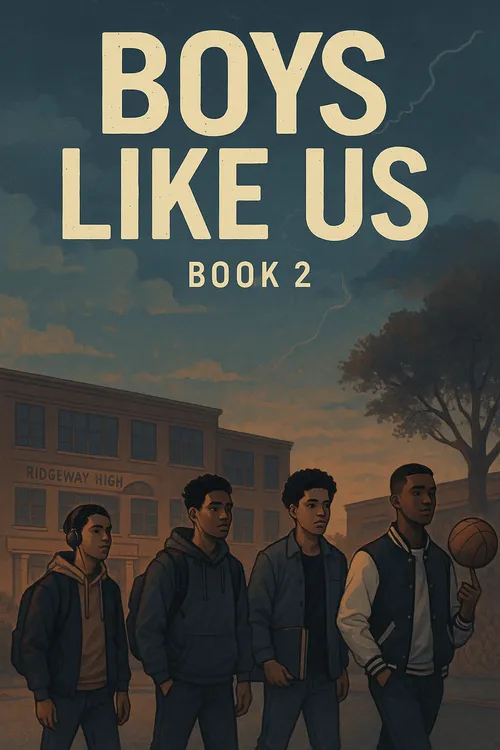
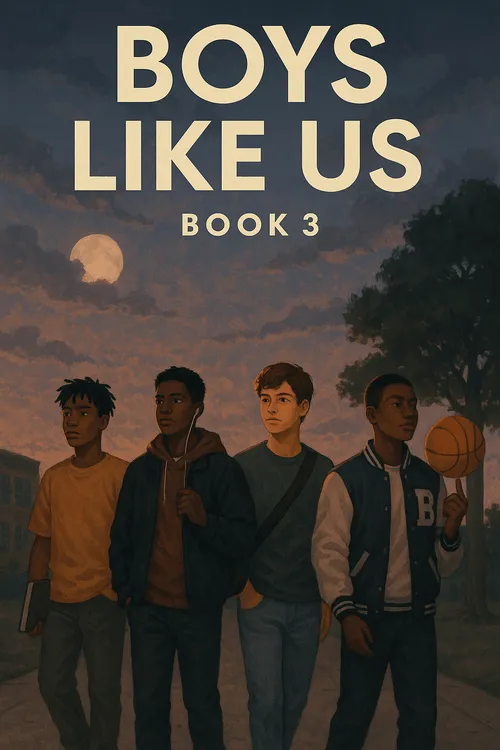

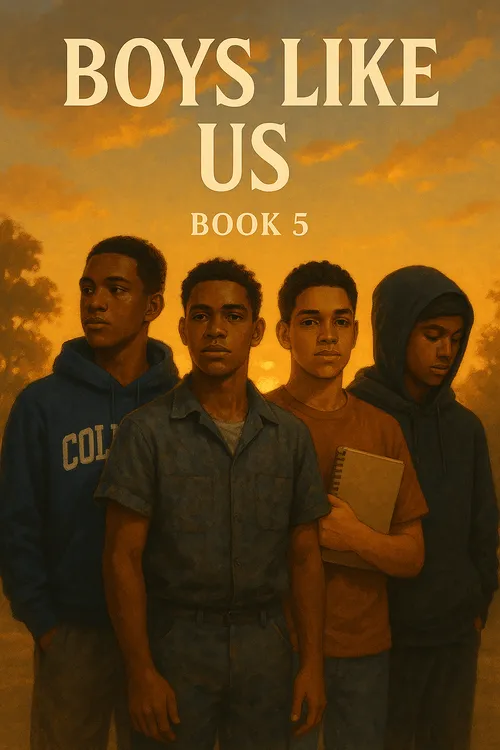

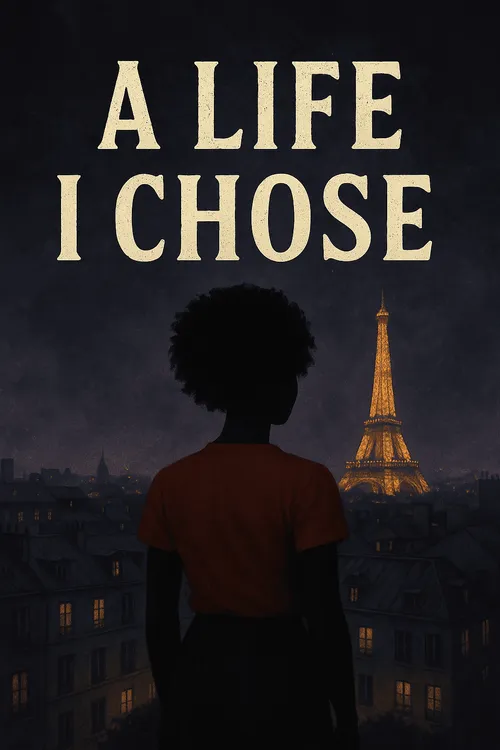


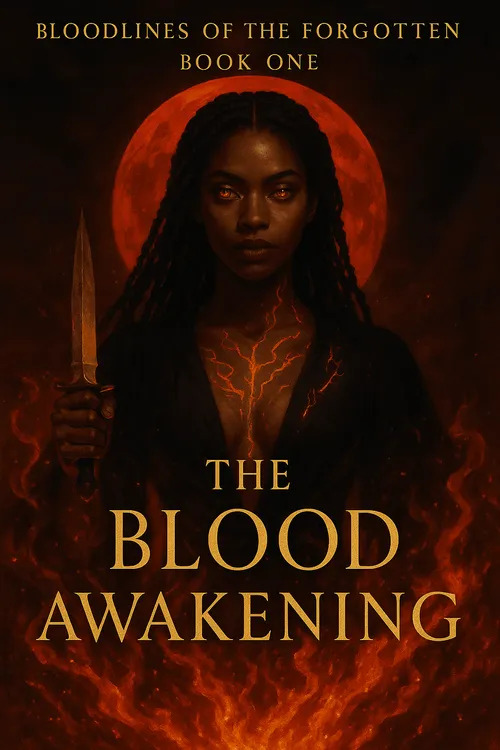
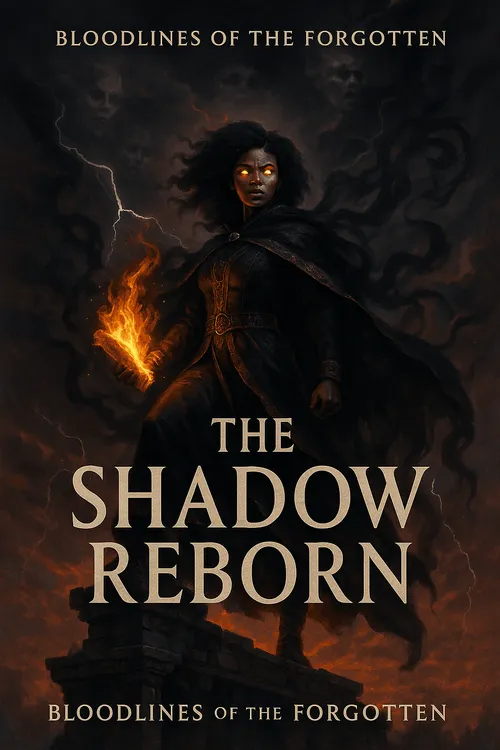
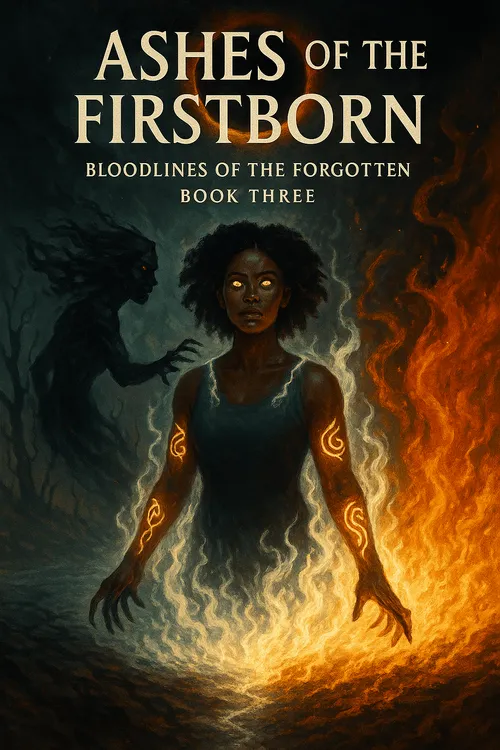
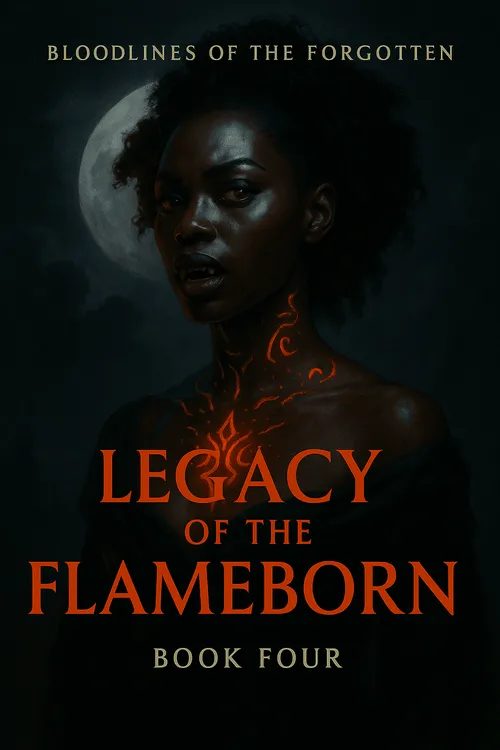
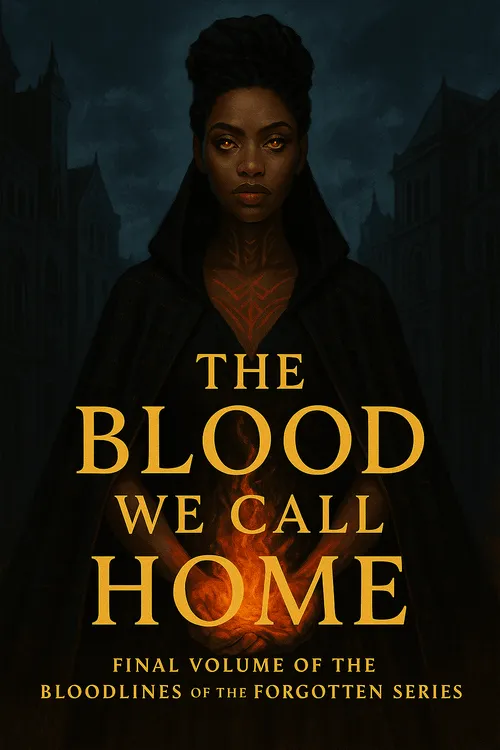
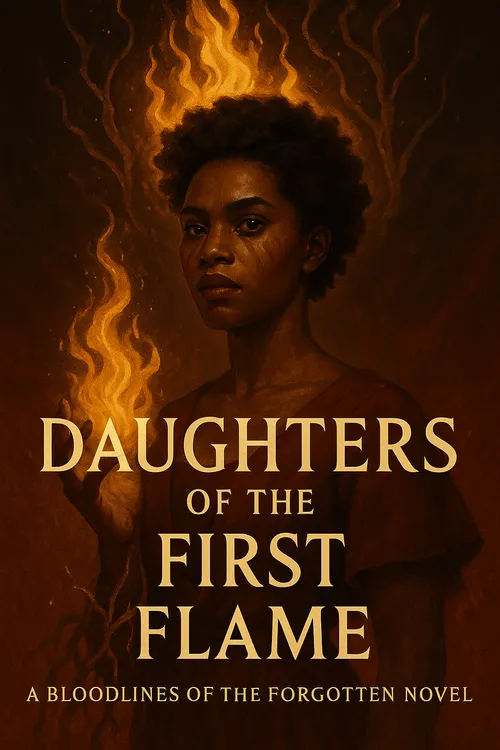
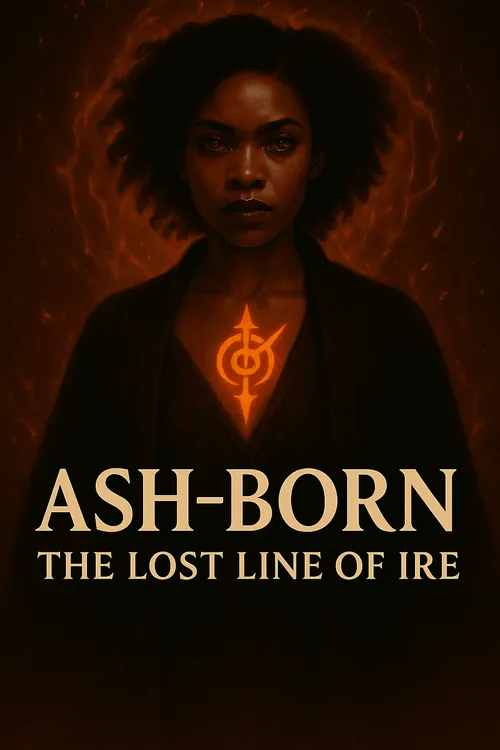
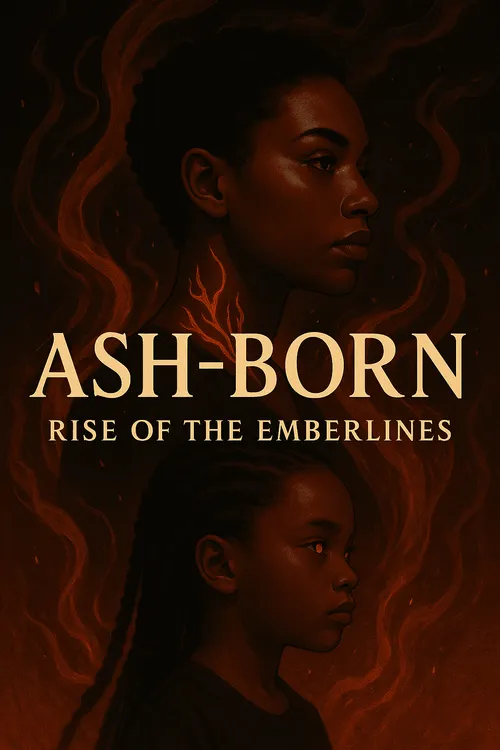


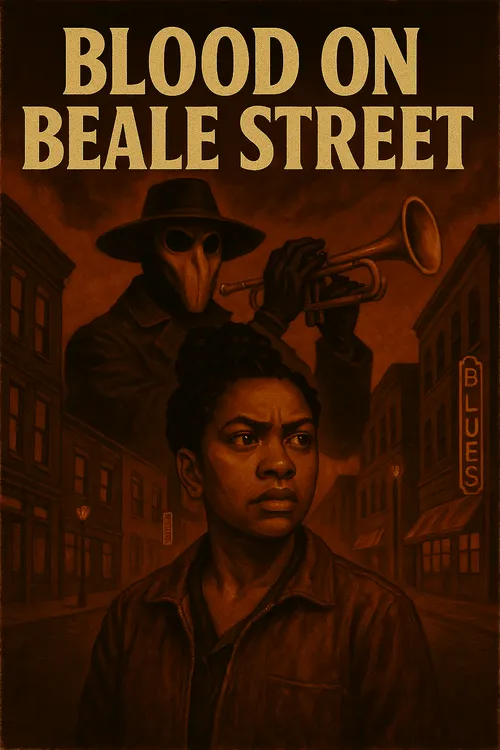
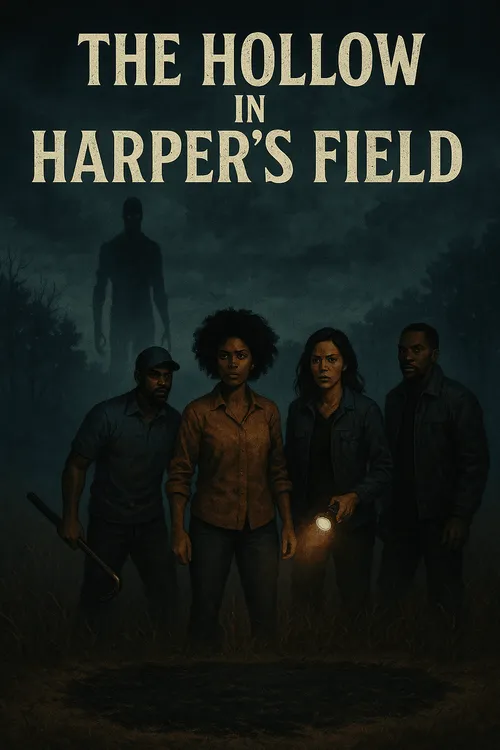

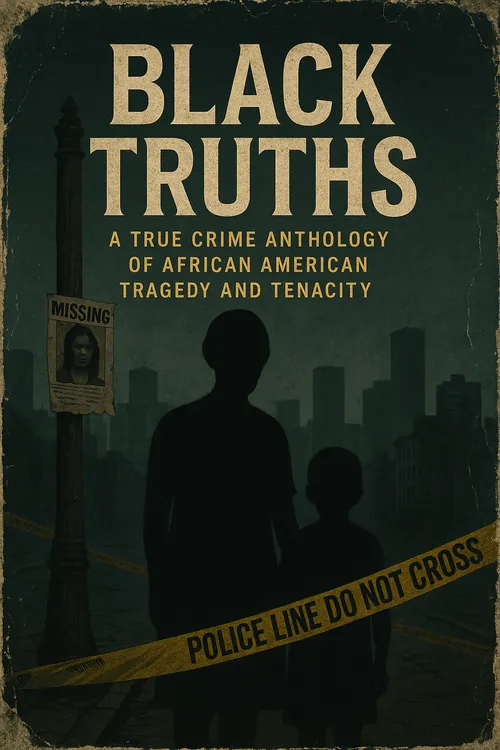



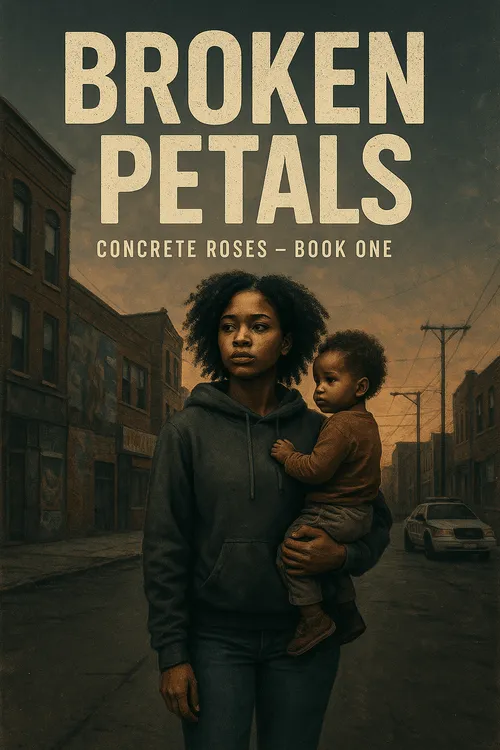
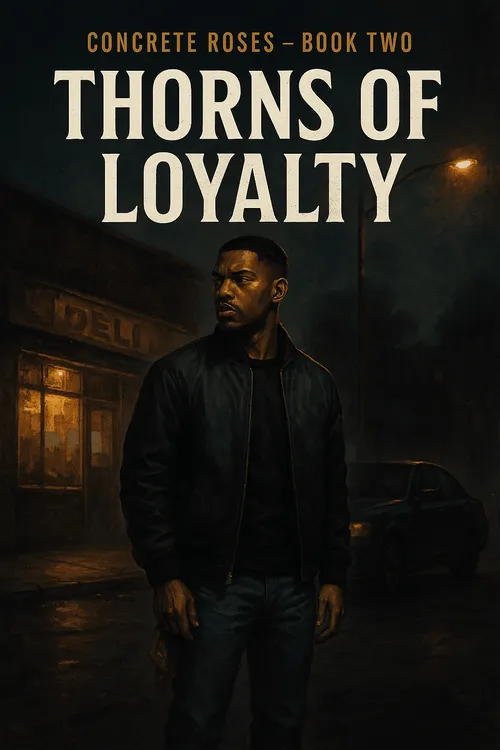
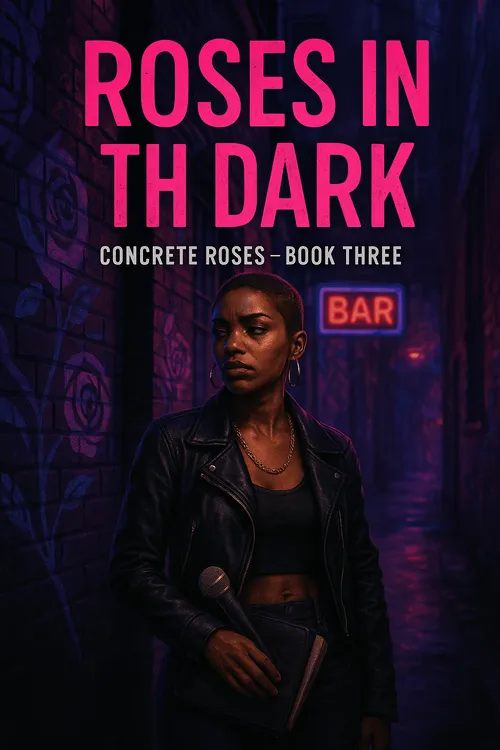
This story has not been rated yet. Login to review this story.